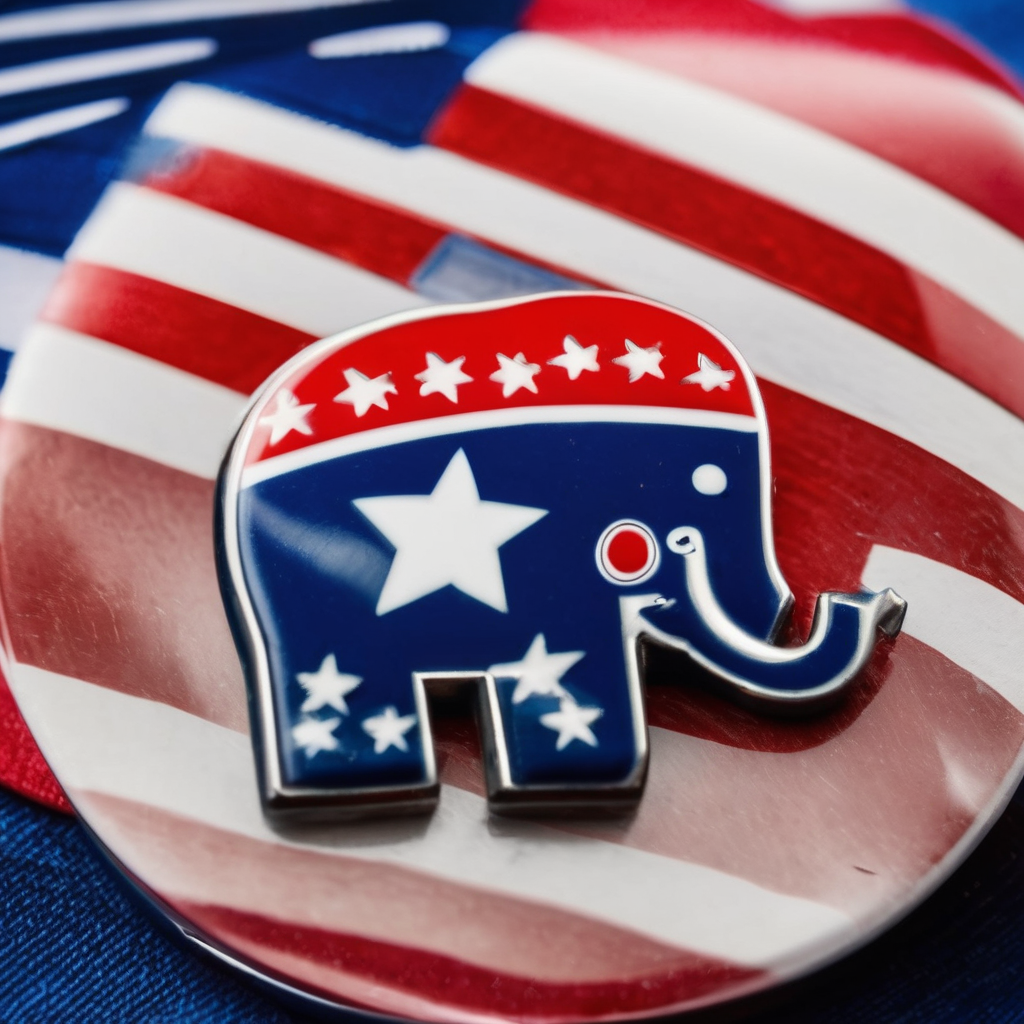Dick Cheney, the former Vice President who served under George W. Bush, passed away on Monday at the age of 84. Cheney’s political journey began in earnest when he was selected by Bush as his running mate during the summer of 2000, despite Cheney’s own reservations about his conservatively skewed voting record compared to Bush’s campaign platform. In his memoir, Cheney recounted how he stressed the extent of his conservative views to Bush, saying, “No, I mean really conservative.” Nonetheless, Bush’s decision to choose him set the stage for an eight-year administration marked by intense debate and scrutiny.
Throughout this period, Cheney evolved into a symbol of right-wing ideology, earning the nickname “Darth Vader” from critics who viewed him as a fiercely strident and often ruthless figure. This characterization was embraced by Cheney, who seemed to embody the hardline approach that became a hallmark of the administration’s policies, particularly in the fields of national security and foreign affairs.
Yet, in the context of today’s Republican Party, shaped by the influence of Donald Trump, some political observers are now reassessing Cheney’s legacy. To many veterans of the political arena, Cheney has taken on a new persona resembling a gruff but principled Obi-Wan Kenobi, representing a more traditional conservatism that seems at odds with the current trajectory of the party.
Tom Daschle, the former Senate Majority Leader and a Democrat from South Dakota, acknowledged this shift in sentiment. “Look, Dick Cheney and I disagreed on just about everything,” he stated. “But he had character and honest convictions. He was a traditional conservative. I’m amazed at the number of Democrats who tell me they’d give anything to see Cheney and Bush back in office.”
Cheney’s passing marks the end of an era in American politics, and his complex legacy will likely continue to ignite discussions among both Democrats and Republicans who reflect on a time when conservative values were expressed differently. The evolving perception of Cheney suggests that while he may have been a contentious figure during his tenure, respect for a certain level of political decorum and conviction persists in the political landscape.
